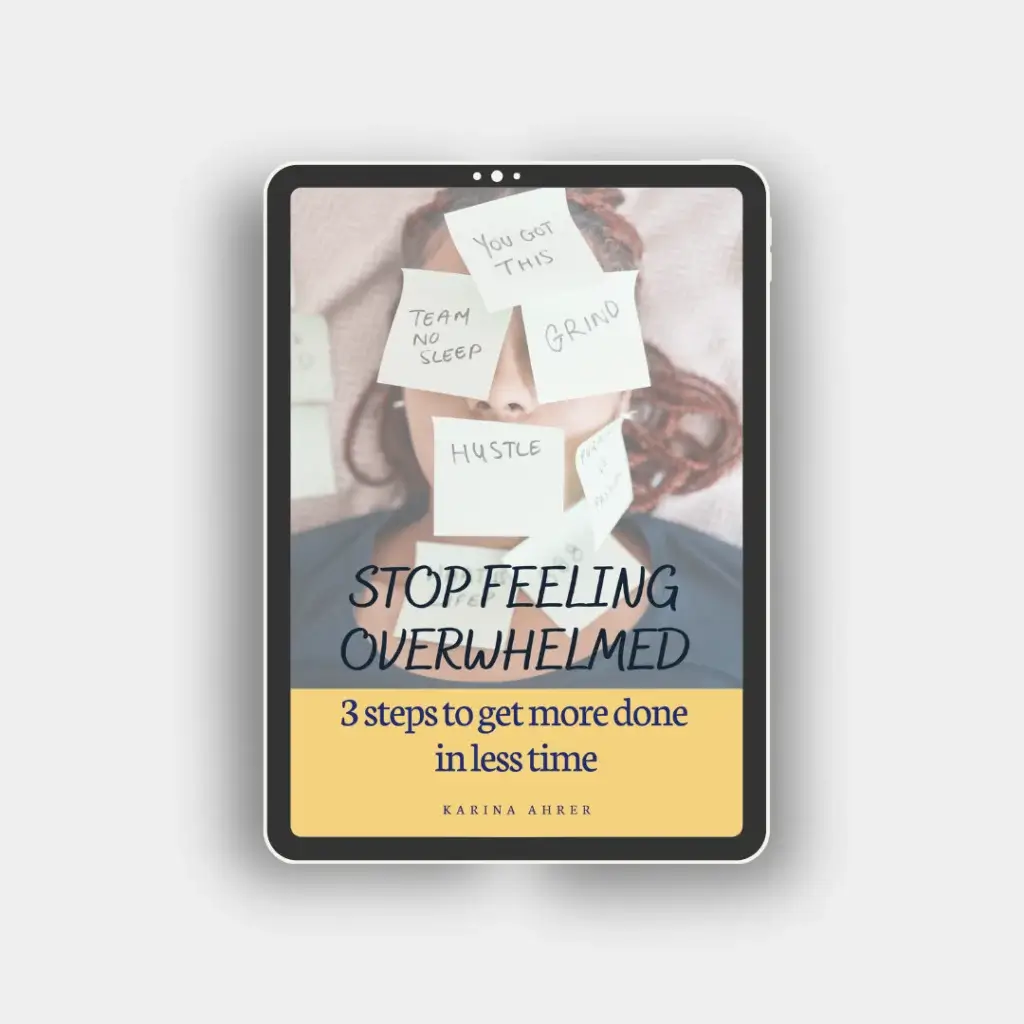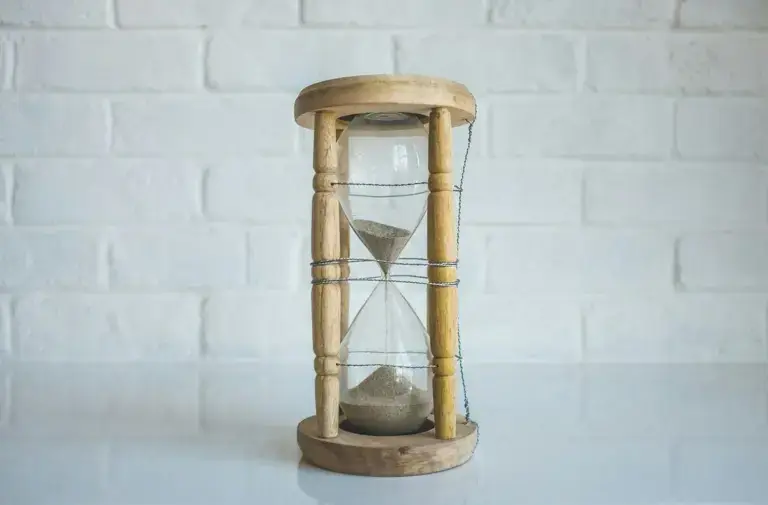Take control of your schedule and maximize your productivity
It’s not easy to juggle work, free time, other responsibilities, and self-care. Most of the time, the latter gets removed from the calendar.
Finding balance as an introvert in a world that often demands activity and social engagement hasn’t been easy, but through trying and failing, I’ve found 3 time management tips that have helped me.
Introverts need to make time for self-care, as we need quiet breaks to gain energy again.
The world wants busy people. As soon as we don’t do anything, we judge ourselves for “being lazy”. This is a negative mindset we have to get rid of.
Taking breaks is not lazy, it’s necessary to gain energy again to be 100% productive again.
This is a big lesson I learned in the last few years.
I was always anxious to be as productive and fast as possible. It helped to get more done, but it was also unhealthy and stressful. It probably would have resulted in burnout.
After reading more about productivity, I learned to take breaks and not feel bad about them.
Our bodies and our brains need breaks to gain energy again.
So here are my 3 tips to manage time based on our introverted needs:
Prioritize your introverted needs
If you don’t prioritize your self-care and block time for it in your calendar, something will always get in the way.
- finishing the project at work
- cleaning because guests are coming
- the children want to go to friends
- a friend needs your help with moving
- …
For introverts, it’s important to block time for being alone, reading, thinking…
We need a break from the loud world and the busy work.
So every week, when you plan ahead: schedule self-care time first.
Which evenings are free for you to gain energy again?
Take at least one evening a week or 1 day of the weekend. Sometimes there is so much happening in the evenings:
- meeting with friends
- networking event
- work meeting
- date night with your partner
- volunteering
Consciously find breaks in your schedule to calm down.
And it’s okay to say no to some events if you already have self-care time planned. You shouldn’t force yourself to events and then be tired the next day.
Effective scheduling for solitude
The new open workspaces can be exhausting for introverts. I’ve worked in those, and it’s hard to concentrate if someone is talking on the phone next to you.
If it’s possible, you should try to find more quiet workspaces. Ask your boss for home office (if it’s quiet there) or get noise-canceling headphones.
I had so many hours at work in which I didn’t do anything because there was an online meeting happening near me, which didn’t go well. It just stressed me so much that I couldn’t think of anything else, even though I was not part of the meeting.
Focus is the key to getting more done in less time. So try to get your quiet and solitude-focused time at work too. Without distractions.
I know I need quiet time to concentrate 100% on my writing. So I’m waking up a little earlier and enjoying quiet writing mornings.
No distractions. No one is talking. No one needs something from me.
It’s peaceful.
Try to purposely schedule solitude in your calendar. Solitude for focused working. Solitude to recharge.
Finding balance through time-management techniques
The tool that helped me the most is time-blocking.
Plan your week ahead with time blocks for each of your responsibilities.
My advantage is that I like to plan and prepare, so I use this to know what I want/have to do every day of the week. It’s not like to-dos, but more like time for a part of my life to do those to-dos now.
For example, Mondays are my master’s thesis time blocks.
I remove distractions and work only on my thesis. Sometimes that means doing research, or sometimes just thinking about the concept.
And I have the same strategy for writing online and posting on social media.
On Thursdays, I have a writing time block in which I write my newsletter. On Tuesdays, I have my scheduling social media time block, in which I create and schedule posts for Instagram and X.
This routine helps me to focus on one thing at a time, and I get a lot more done.
There are also no urgent tasks coming up because I remove distractions. At work, we tend to be reachable via phone the whole time, and you will get urgent calls.
These distractions are robbing you of your focus, and 20 minutes of your time to get back to it.
Conclusion
Ask yourself: What can you do to gain energy again?
And then schedule the self-care.
Everything that is not on your calendar won’t get done.
Those tips are not big changes, but they can improve your life quality and happiness a lot.
Purposely schedule your time based on your priorities and your self-care before saying yes to more work, events, or parties.
Less Stress. More Time. Less Overwhelmed!
Get your free copy of my 3 steps!

Get daily insights, motivation, and inspiration:
If you are as addicted as I am to reading books, check out my favorite books!




